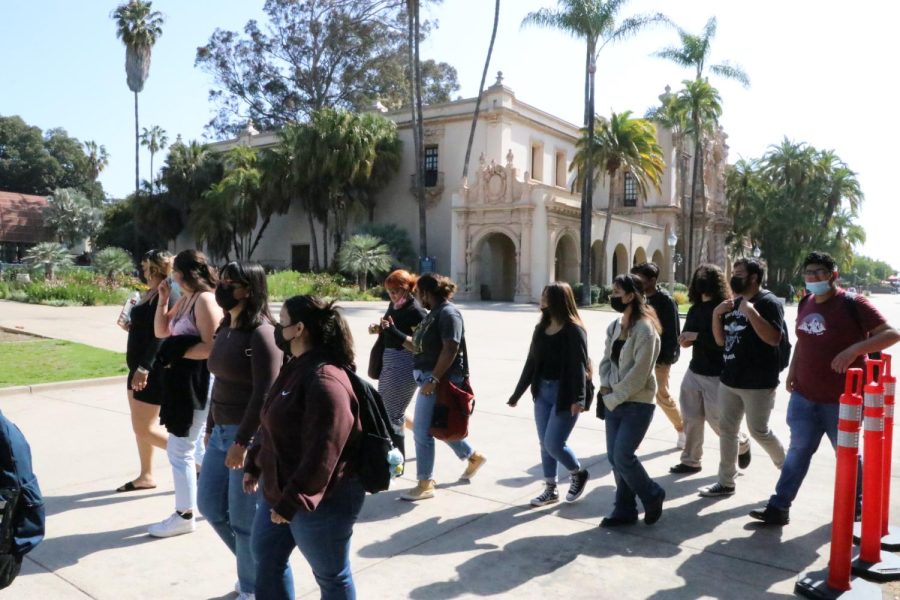The benefits of field trips
(And why we need more)
May 17, 2022
According to the National Education Association, a survey by The U.S. Travel Association, which polled 400 adults, half who took field trips in their youth and the other half had not, found an interesting correlation to those who did. The study discovered that children who go on school field trips have better grades (59%) and higher graduation rates from high school (95%) and college (63%) regardless of gender, ethnicity, or socioeconomic position (12 percent higher annually). Furthermore, 89 percent claimed educational excursions had a good, long-term influence on their education and career because enriched field trips increased their engagement, intellectual curiosity, and interest in and out of school.
Field trips have many benefits on students. The proof of this is extensive! Multiple studies suggest a field trip may have an influence on children’s cognitive abilities, knowledge, interests, and future job. This is especially true for students who are intellectually challenged or labeled as “at risk” owing to poor performance on high-stakes examinations or in the classroom. Field visits provide students with a unique opportunity to make connections that will aid in their knowledge and pleasure of learning.
Students on field trips improve their observation and perception abilities by using all of their senses. Students acquire a positive attitude toward learning, which motivates them to make connections between theoretical concepts learned in the classroom and what they have experienced. Outdoor field trips allow kids to gain better sensibility, a larger vocabulary, and a stronger interest in the outdoors. Students gain information and awareness about their homes and towns as they travel from school to the field trip venue when they go on a field trip. This is why we need more during the school year.


